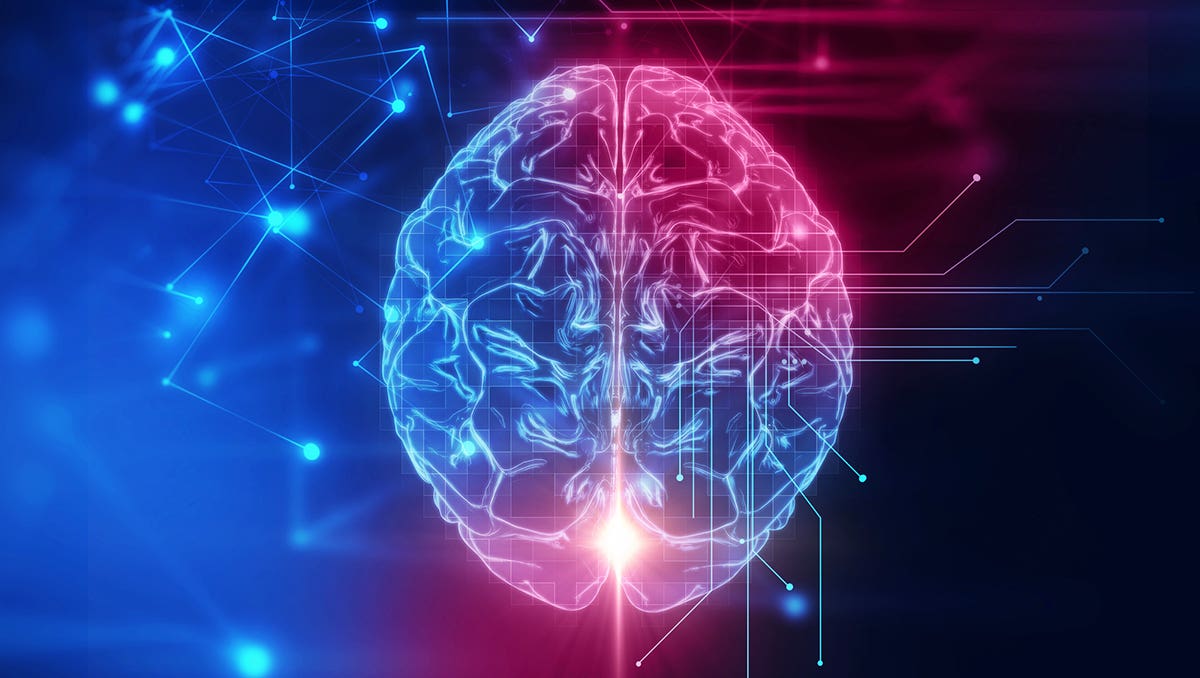Key mental abilities can actually improve as we age
It’s long been believed that advancing age leads to broad declines in our mental abilities. New research offers surprisingly good news.

[August 19, 2021: Georgetown University Medical Center]
It’s long been believed that advancing age leads to broad declines in our mental abilities. Now new research from Georgetown University Medical Center offers surprisingly good news by countering this view.
The findings, published August 19, 2021, in Nature Human Behaviour, show that two key brain functions, which allow us to attend to new information and to focus on what’s important in a given situation, can in fact improve in older individuals. These functions underlie critical aspects of cognition such as memory, decision making, and self-control, and even navigation, math, language, and reading.
“These results are amazing, and have important consequences for how we should view aging,” says the study’s senior investigator, Michael T. Ullman, PhD, a professor in the Department of Neuroscience, and Director of Georgetown’s Brain and Language Lab.
“People have widely assumed that attention and executive functions decline with age, despite intriguing hints from some smaller-scale studies that raised questions about these assumptions,” he says. “But the results from our large study indicate that critical elements of these abilities actually improve during aging, likely because we simply practice these skills throughout our life.”
“This is all the more important because of the rapidly aging population, both in the US and around the world,” Ullman says. He adds that with further research, it may be possible to deliberately improve these skills as protection against brain decline in healthy aging and disorders.
The research team, which includes first author João Veríssimo, PhD, an assistant professor at the University of Lisbon, Portugal, looked at three separate components of attention and executive function in a group of 702 participants aged 58 to 98. They focused on these ages since this is when cognition often changes the most during aging.
The components they studied are the brain networks involved in alerting, orienting, and executive inhibition. Each has different characteristics and relies on different brain areas and different neurochemicals and genes. Therefore, Ullman and Veríssimo reasoned, the networks may also show different aging patterns.
Alerting is characterized by a state of enhanced vigilance and preparedness in order to respond to incoming information. Orienting involves shifting brain resources to a particular location in space. The executive network inhibits distracting or conflicting information, allowing us to focus on what’s important.
“We use all three processes constantly,” Veríssimo explains. “For example, when you are driving a car, alerting is your increased preparedness when you approach an intersection. Orienting occurs when you shift your attention to an unexpected movement, such as a pedestrian. And executive function allows you to inhibit distractions such as birds or billboards so you can stay focused on driving.”
The study found that only alerting abilities declined with age. In contrast, both orienting and executive inhibition actually improved.
The researchers hypothesize that because orienting and inhibition are simply skills that allow people to selectively attend to objects, these skills can improve with lifelong practice. The gains from this practice can be large enough to outweigh the underlying neural declines, Ullman and Veríssimo suggest. In contrast, they believe that alerting declines because this basic state of vigilance and preparedness cannot improve with practice.
“Because of the relatively large number of participants, and because we ruled out numerous alternative explanations, the findings should be reliable and so may apply quite broadly,” Veríssimo says. Moreover, he explains that “because orienting and inhibitory skills underlie numerous behaviors, the results have wide-ranging implications.”
“The findings not only change our view of how aging affects the mind, but may also lead to clinical improvements, including for patients with aging disorders such as Alzheimer’s disease,” says Ullman.
Like these kind of feel good stories? Get the Brighter Side of News' newsletter.
Tags: #New_Discoveries, #Aging, #Brain_Science, #Intelligence, #Research, #The_Brighter_Side_of_News
Joshua Shavit
Science & Technology Writer | AI and Robotics Reporter
Joshua Shavit is a Los Angeles-based science and technology writer with a passion for exploring the breakthroughs shaping the future. As a contributor to The Brighter Side of News, he focuses on positive and transformative advancements in AI, technology, physics, engineering, robotics and space science. Joshua is currently working towards a Bachelor of Science in Business Administration at the University of California, Berkeley. He combines his academic background with a talent for storytelling, making complex scientific discoveries engaging and accessible. His work highlights the innovators behind the ideas, bringing readers closer to the people driving progress.



